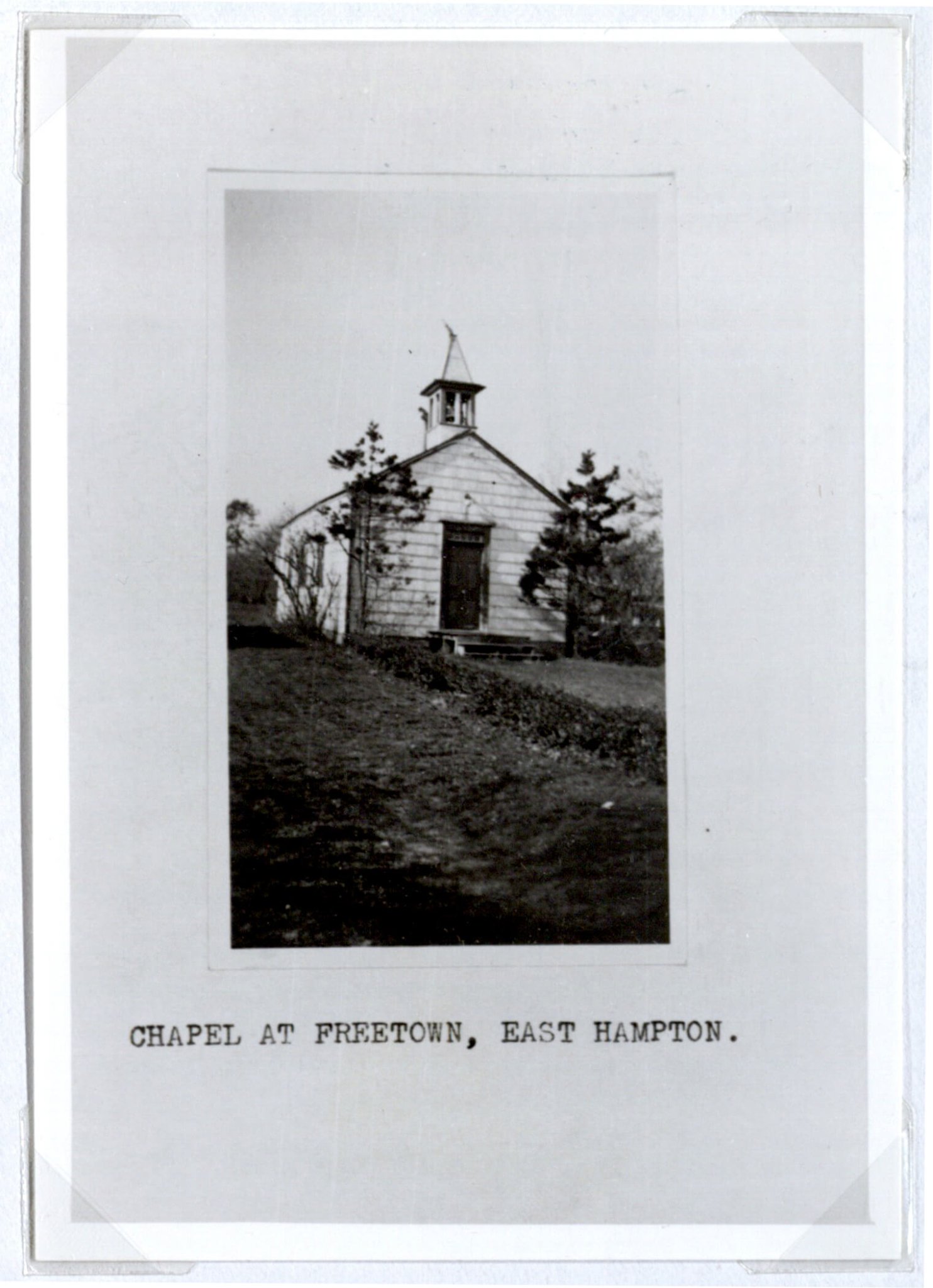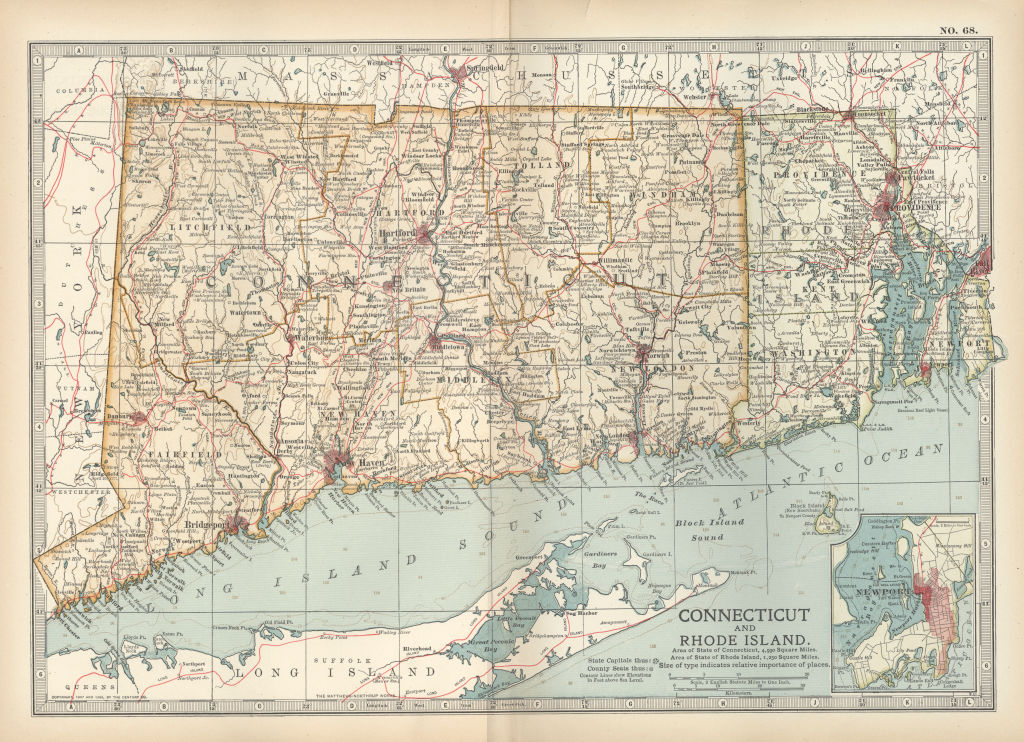Experts to Explore Forgotten Historic East Hampton Hamlet of Freetown

A team of historians and archaeologists are planning to explore Freetown, an early settlement that was once within the Town of East Hampton.
New York State awarded an $18,000 grant to the East Hampton Historical Farm Museum as a part of the project, officials announced at the August 1 town board meeting. Little is known about the history of Freetown, but the hamlet was a hotspot for freed African American slaves and Native American Montaukett laborers, according to local historians.
“The Montauketts and free African slaves essentially built East Hampton Town,” Prudence Carabine, who leads the museum, told the board. “(New York State) informed us that Freetown was a largely unexplored area in East Hampton that deserved to be recognized as a historic section of East Hampton. Dr. Allison McGovern (a local archaeologist) and I thoroughly agreed with that, so we will use the grant to walk around and see what we could find, mapping out the area.”
Multiple dwellings and historic buildings from the early settlers of the area, primarily from the late 18th and early 19th centuries, remain intact today, officials said. But the hamlet has largely been absorbed by neighboring communities as the area saw a rapid increase in population. Combined with the scarce historical documentation of the area, the hamlet fell into relative obscurity.
Currently, much of the information on the emergence of Freetown comes from early maps and Census reports of the area of East Hampton, detailing the population of the hamlet. The earliest freed slaves were likely settled into the area during the early 1800s by wealthy landowners, following the gradual emancipation of slaves in New York State. Freetown grew to be a prosperous and tight-knit community of skilled laborers, with local Montaukettes given parcels of land there during the late 19th century. As the area now faces threats of demolition and expansion from neighboring communities, local historians hope to learn more about the emergence of the community.
Due to the lack of extensive written documents on Freetown, much of the hamlet’s obscure history is preserved orally. But a few residents still remain within the area, according to Carabine. Extensive investigations and canvassing on the land of Freetown will begin on August 18.



